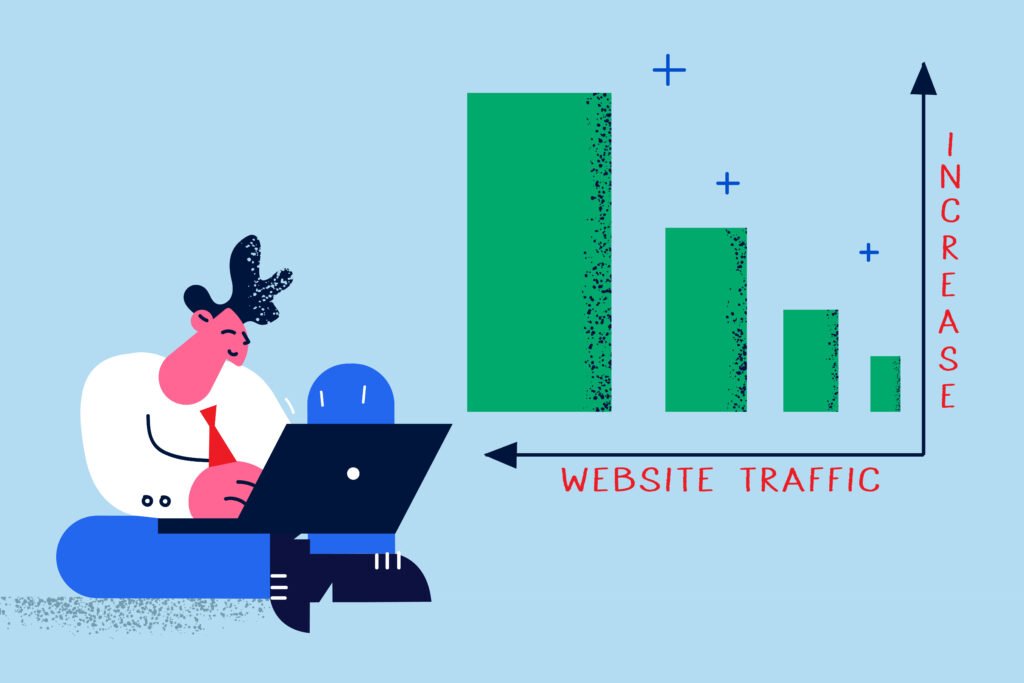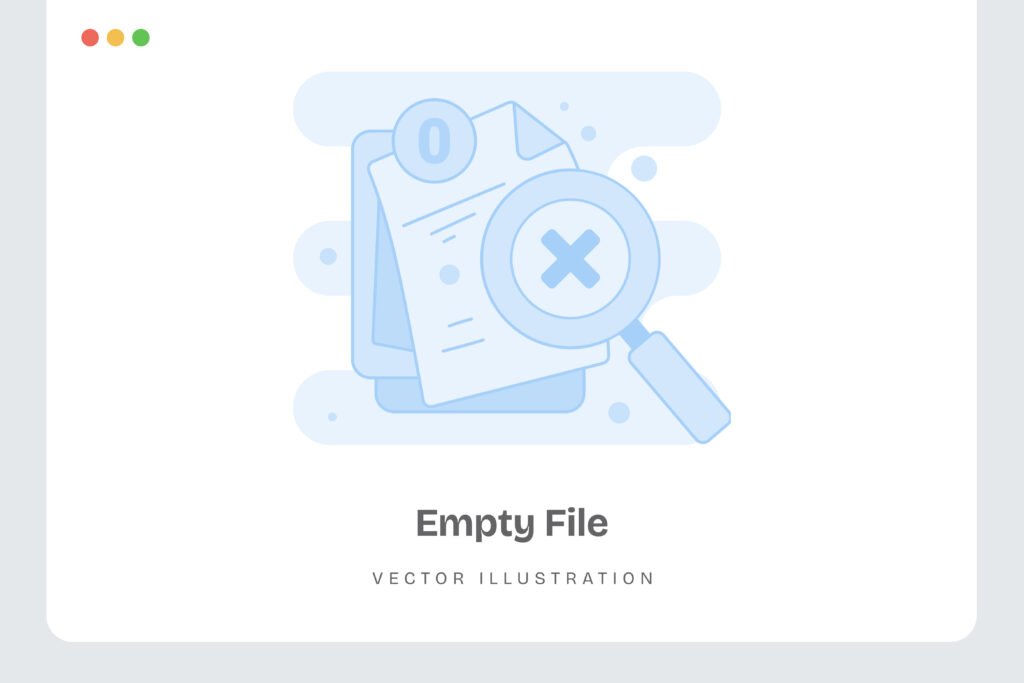Joining affiliate programs can be a great way to monetize your blog or website, but frequent rejections can feel frustrating. I know this personally, as I’ve had countless rejections before figuring out what I know today. Some affiliate programs will tell you the reasons why and others will not. That’s just the nature of the business.
If you’re wondering, “Why is my application getting rejected for affiliate programs?” – you’re not alone. Many new affiliates wonder about the same thing. Here are the top reasons why applications get denied and what you can do to turn things around.
1. Low or Inconsistent Website Traffic

Low or inconsistent website traffic means that few people visit your website or the number of visitors fluctuates without a clear pattern. Some days, you get a lot of visitors, and other days, hardly anyone shows up.
Why It Matters: Affiliate programs look for partners who can drive sales. If your site has minimal or inconsistent traffic, it signals to them that you might not deliver results.
Fix It:
- Focus on growing organic traffic through SEO.
- Post high-quality, consistent content.
- Leverage social media to drive visitors to your blog.
- Use Google Analytics to track progress.
Helpful Link: Google Analytics Setup Guide
2. Lack of Content or Poor Website Design

Lack of content or poor website design means that your website doesn’t have enough useful information or looks outdated and hard to use.
Why It Matters: A website with little content or poor design can appear unprofessional. Affiliate managers want to partner with trustworthy, established sites.
Fix It:
- Create a minimum of 15-20 quality posts before applying.
- Choose a clean, user-friendly theme.
- Ensure your site is mobile-optimized.
Resource: Best WordPress Themes for Bloggers
3. Irrelevant Niche or Audience

Getting approved for an affiliate program often means that you have identified their target audience and have content relevant to that audience. That said, you may be targeting the wrong audience or your website focuses on a topic that doesn’t interest them. Knowing is half the battle.
Why It Matters: Your application may be declined if your content doesn’t align with the affiliate program’s products or services.
Fix It:
- Apply to programs directly related to your niche.
- Research affiliate products that resonate with your audience.
- Pivot your content slightly to match more relevant affiliate offers.
Tip: Use platforms like ShareASale or CJ Affiliate to find niche-specific programs.
4. Unclear Monetization Strategy

Having an unclear monetization strategy means that you don’t have a clear plan on how to make money from your website. This is big for some affiliate programs. Therefore, a strategy is important to ensure you can meet that program’s expectations.
Why It Matters: Affiliate programs need to see a plan for how you will promote their products. If your application lacks this, it may be rejected.
Fix It:
- Clearly explain how you plan to promote their products (e.g., through reviews, comparison posts, social media, and email lists).
- Show examples of previous affiliate promotions.
- Emphasize any growing email list or audience.
5. Missing or Incomplete Application Details

Some key information is left out or not filled in properly when submitting forms or applications. Missing information is one reason why we stress gathering information before applying to affiliate programs. Often, one person reviews your application among hundreds more. So you have to make it easy for them to make an approval for you.
Why It Matters: Incomplete or vague applications are often dismissed immediately.
Fix It:
- Fill out every field in detail.
- Provide honest, clear stats about your traffic and engagement.
- Include links to your social media accounts and popular posts.
Final Tips to Get Approved
Now that we’ve covered common reasons why you may get rejected and how to improve your chances of approval for an affiliate program let’s look at additional considerations to get approved.
- Be patient. Apply only when your site feels ready.
- Build relationships with affiliate managers via LinkedIn.
- Start small with programs that are easier to join.
- Regularly update and improve your site.
That’s all there is to it. If you address these areas, you can significantly boost your chances of getting accepted into any affiliate programs and start earning commissions right away. Hopefully, this was very simple and easy to understand. I also hope it provides some value for your site and blogging journey.
Enjoyed this post? Share it with others! For more blogging and affiliate marketing tips, subscribe to our newsletter and never miss an update.
Discover more from The Blog Channel
Subscribe to get the latest posts sent to your email.









